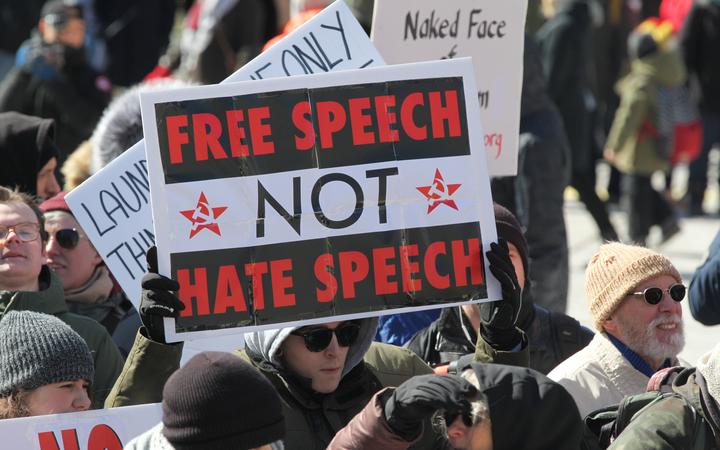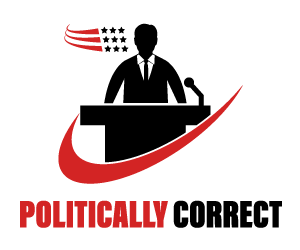Should Free Speech Have Any Limits?
The very first amendment to the US constitution cut across a controversial issue – speech. The amendment stopped American legislators from making any law that prohibits free speech. Today, the right is commonplace in most democratic nations.
Except for totalitarian states or anarchies, many nations have provisions in their laws that allow people to express themselves willingly. However, experience shows that humans tend to stretch benefits to the extreme. And over time, several people have taken advantage of their rights to free speech to inflict harm on other people or society.


As a result, there have been policy debates as to the nature of free speech rights. Notably, the US courts interpreted the first amendment by stating that the right does not cover statements that could cause harm, damage, or injury. Hate speech, obscene words, fraud, and inciting statements are common exceptions to the right to free speech.
Nevertheless, the main issue on hand is whether there should be any limits on free speech. Free speech must have limits to preserve the sanity and security of society. Absolute rights to say anything can incite violence, which will threaten the peace of the society.


Besides, some individuals use free speech to encourage abuse and commercial fraud. If that continues, people may lose their source of livelihoods or sense of dignity. Moreover, falsely incriminating someone else through your words is a morally and ethically unacceptable action.
Given the possibility of these events, it’s best that the law curbs how far people can rely on free speech to say wrong things. Nevertheless, government criticisms should never be censored, no matter how hurtful they may seem.
